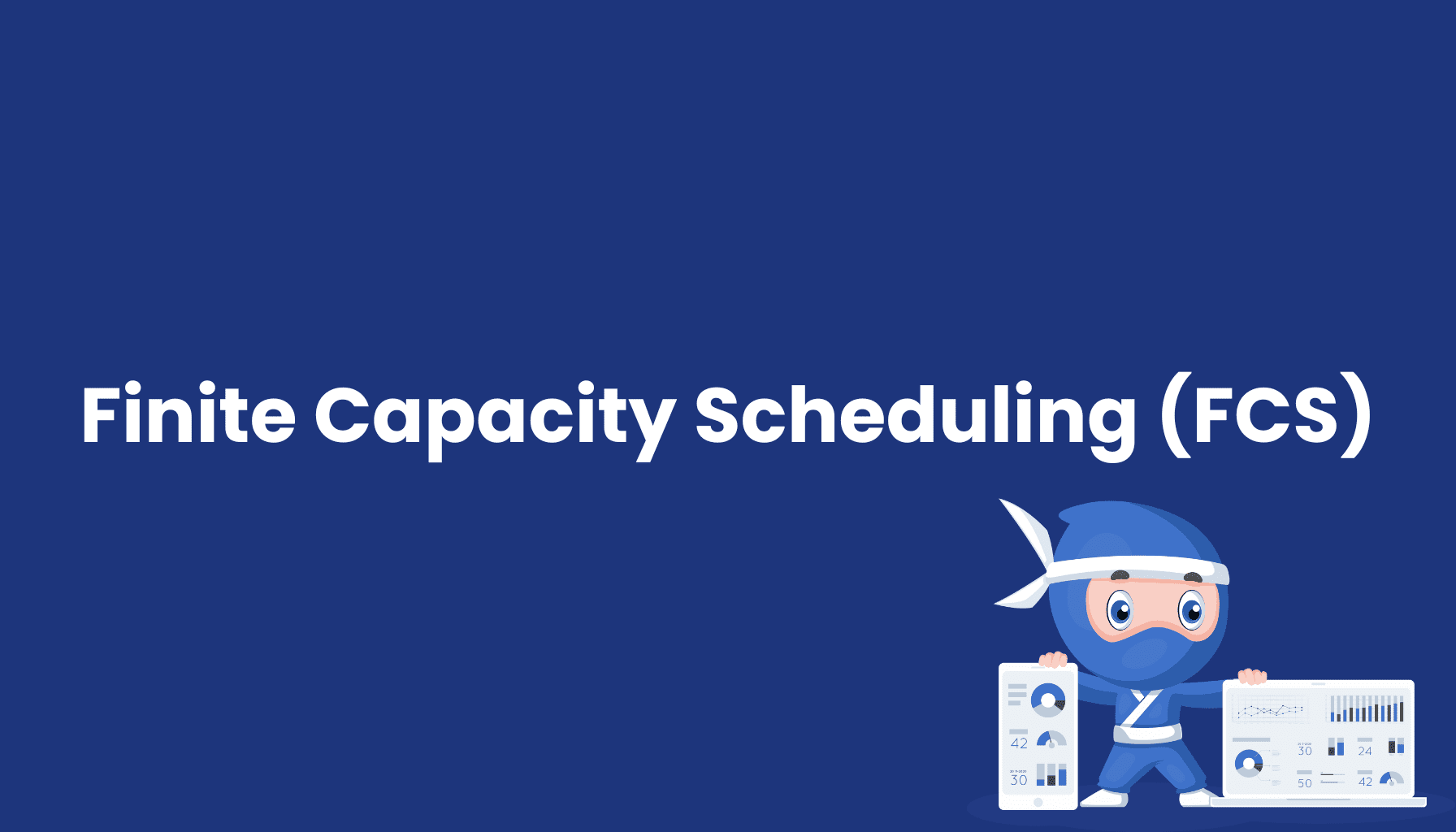Finite Capacity Scheduling (FCS)

What is Finite Capacity Scheduling (FCS)?
Finite Capacity Scheduling (FCS) is a production planning technique that takes into account the limited availability of resources, such as machines and labor. Unlike traditional planning systems that assume unlimited capacity, FCS creates realistic and executable production schedules based on actual capacity constraints. This approach is widely used in manufacturing to optimize production processes and prevent bottlenecks.
Key Features of FCS
- Capacity Planning: FCS plans based on the maximum available capacity of machines, labor, and other resources.
- Bottleneck Management: Identifying and managing bottlenecks to improve production flow and minimize downtime.
- Realistic Scheduling: FCS considers real capacity, creating accurate schedules that avoid overloading or idle time.
Benefits of Finite Capacity Scheduling
- Increased Efficiency: Accurate planning of available resources optimizes usage, improving overall production efficiency.
- Reliable Delivery Dates: With real capacity considered, schedules are more accurate, leading to more timely deliveries.
- Cost Reduction: By avoiding overloads and idle time, operational costs are reduced, resulting in a leaner, more efficient production process.
Application of FCS in the Manufacturing Industry
In the manufacturing sector, FCS is essential for identifying production bottlenecks early and responding accordingly. Companies using FCS can optimize production capacity, improve scheduling accuracy, and enhance the overall efficiency of their operations, leading to higher productivity and better competitiveness.



